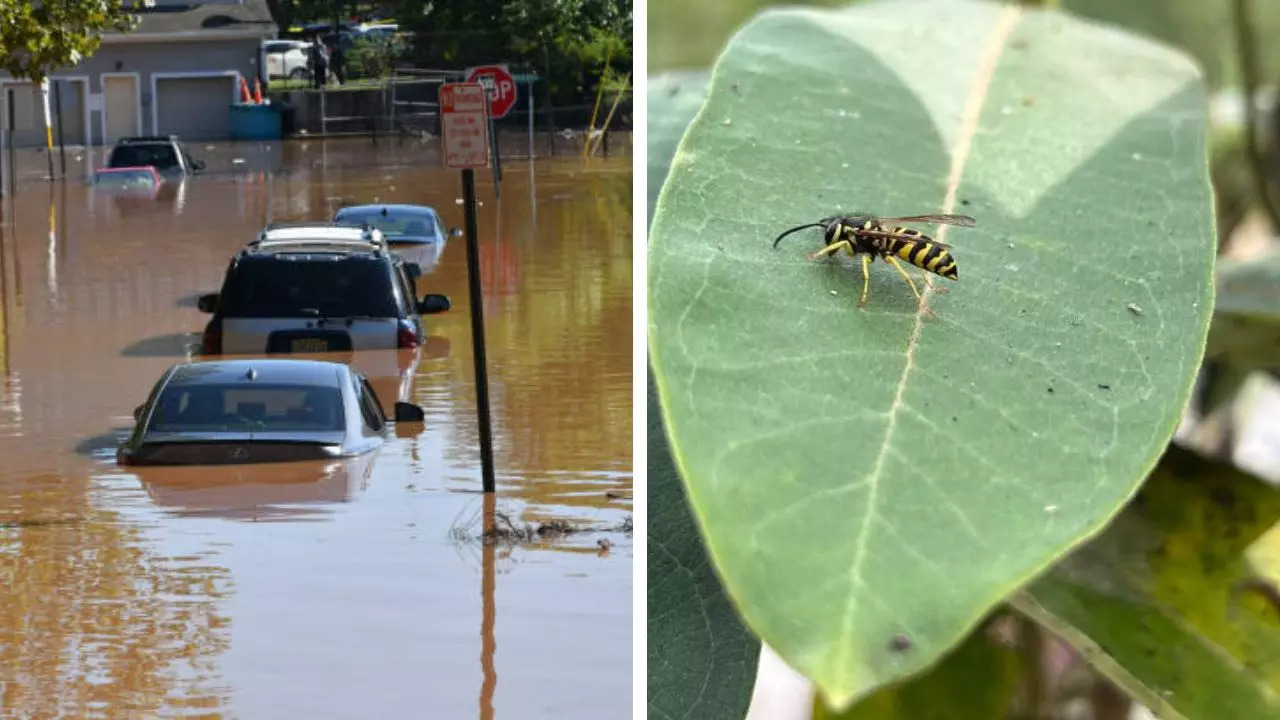North Carolina’s Department of Health and Human Services is distributing Benadryl and epinephrine injections to help fill requests from people allergic to stings from bees and yellow jackets. According to the officials, severe flooding from Hurricane Helene in the state has disrupted the underground nests of these insects causing them to swarm and sting people who are living in camps, trying to recover their losses. “With every disaster, we get requests for EpiPens, but this one is definitely an outlier,” Alycia Clark, Direct Relief's chief pharmacy officer told ABC News.
Officials say many of those going to emergency rooms and hospitals with stings are mostly electricians working to restore power and other outdoor workers. Humanitarian aid groups say they have been regularly sending more than 2,000 EpiPen injections to community health centers, clinics, and pharmacies across the western part of the state which has been the most affected. How do bee stings cause allergies? Experts say a bee sting can lead to an allergic reaction when your immune system begins to react after the bee’s venom spreads around the area.
The sting venom mostly contains proteins that affect skin cells and your immune system – leading to severe pain and inflammation around the sting area. In those with an allergy to stings, the venom can trigger a more serious immune system reaction, which can only be subsided with the help of Epinephrine - an auto-injector used to treat life-threatening eme.


















